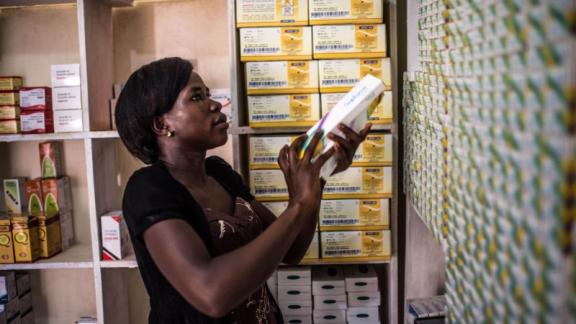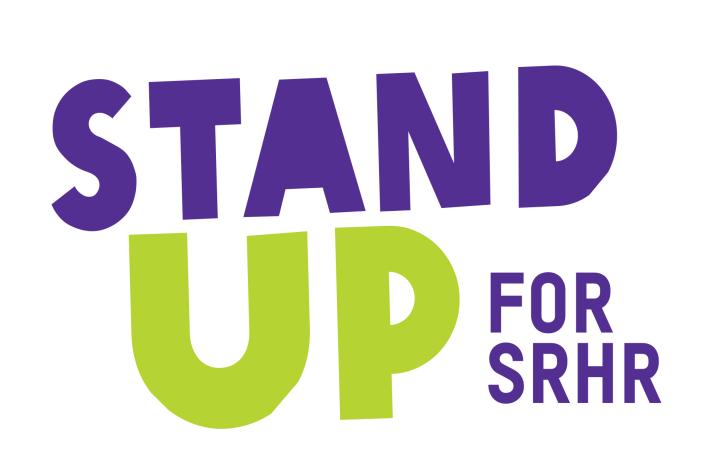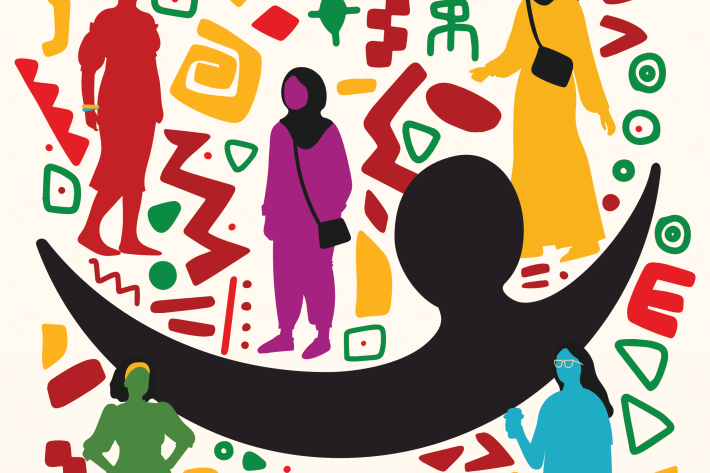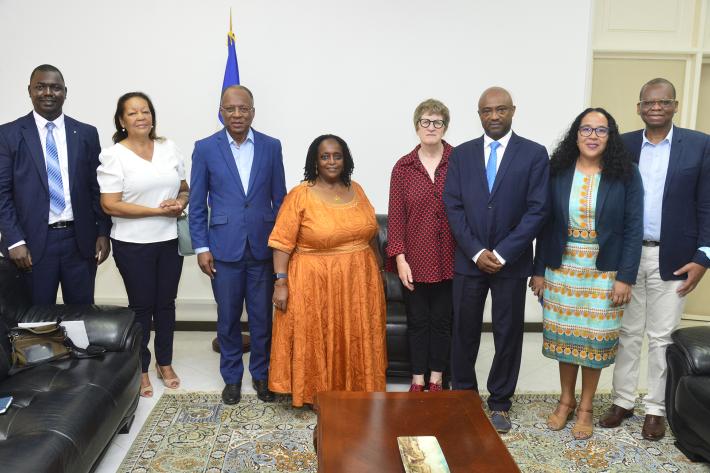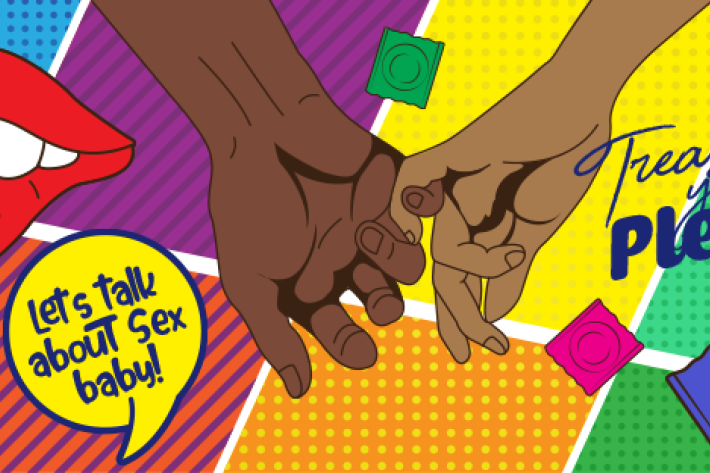Spotlight
A selection of resources from across the Federation
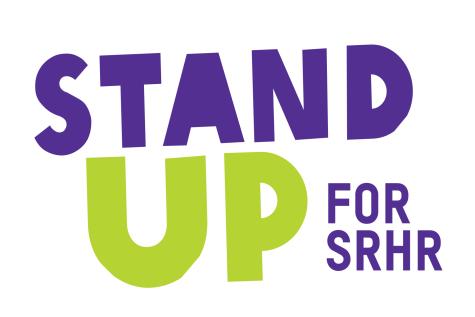
Mozambique, Uganda
Stand Up Factsheet 2025
Healthcare, Rights & Choice: The Stand Up Initiative in Action Imagine a world where every young woman and girl has the power to make informed choices about their sexual and reproductive health. That’s the vision of Stand Up for Sexual and Reproductive Health and Rights (Stand Up)—a groundbreaking 6.5-year initiative driving change in Uganda and Mozambique. Our Impact So Far: 6 service provision clusters established
Filter our resources by:


| 14 January 2022
IPPF Africa Region's End of Year Video 2021 - English
From the IPPF Africa Region, we wish you a festive end of year and a prosperous 2021!

| 14 January 2022
IPPF Africa Region's End of Year Video 2021 - French
De la part de la Région Afrique de l'IPPF, nous vous souhaitons une fin d'année festive et une bonne et heureuse année 2022 !

| 14 January 2022
IMAP Statement on Comprehensive Sexuality Education for Adolescents in Protracted Humanitarian Settings
IPPF envisions a world where “all people are free to make choices about their sexuality and well-being in a world without discrimination.” Therefore, Member Associations must strive to reach all adolescents with rights-based and contextually-relevant CSE to realize their sexual rights. In line with the IPPF Humanitarian Strategy 2018–2022, this statement brings together promising practices to guide IPPF Member Associations and partners in the provision of CSE in protracted humanitarian crisis environments. The statement also serves as a call to action for the humanitarian community to recognize and resource sexual and reproductive health (SRH) needs and rights of adolescents in emergency responses. Download the statement in English, French, Spanish, or Arabic using the links above.

| 14 January 2022
SRHR-related Human Rights Violations against Adolescents and Young People During COVID-19 and the Right Here Right Now (RHRN) Project Interventions
In order to generate evidence for advocacy for the protection of sexual and reproductive health and rights (SRHR) for adolescents and young people (AYP) of all sexual orientations and gender identities (SOGI) across the African continent, research has been conducted and is presented in a newly published report. The report highlights the SRHR-related human rights violations against adolescents and young people of all SOGI during COVID-19, and the impact made by the Right Here Right Now (RHRN) project in Uganda, Kenya, Senegal and Zimbabwe, to deter injustices. The report shows that the SRHR of young people across sub-Saharan Africa remain profoundly contested. While the health and wellbeing of young people is recognized as a key pillar in national and continental development as well as in a broad range of national, regional, continental and global frameworks, the full domestication and implementation of these agreements remains severely hampered. The reasons for this is outlined in the report and include social and cultural norms around youth, attitudes towards sexual and gender diversity, gender inequality, funding constraints, the ongoing negative impact of the HIV pandemic, the role of religious beliefs, and the effects of the COVID-19 pandemic in terms of a redistribution of already limited resources. The contestations around SRHR are nowhere more apparent than in relation to comprehensive sexuality education (CSE) and sexual and gender minorities, including Lesbian, Gay, Bisexual, Transgender and Intersex (LGBTI) people. Cultural norms and values continue to be leveraged against progressive approaches to LGBTI inclusion. The report shows that knowledge production on the state of the continent regarding the SRHR of AYP of all SOGI is necessary for evidence-based policy making and implementation. It is also clear that the multi-sectoral approach encouraged by the Eastern and Southern Africa (ESA) Commitment is imperative and allows all stakeholders (governments, CSOs and researchers) to be custodians of SRHR knowledge production, programme development and programme implementation. Furthermore, the importance of how best to frame the work on youth SRHR is key. In particular, the rights of LGBTI people, young people and rights related to gender and sexuality more broadly need strategic framing. It is imperative that civil society amplifies its voice and advocacy efforts to ensure that the goals set beyond ESA 2013 -2020 are achievable. The report also recommends key advocacy strategies that SRHR advocates can use to improve their context-specific SRHR programming for AYP of all SOGI. The research and report was produced by the Human Sciences Research Council (HSCR) on behalf on the International Planned Parenthood Federation Africa Region (IPPFAR) and was conducted as part of the Right Here Right Now (RHRN) programme (2016-2020). The report was made possible by support of the Ministry of Foreign Affairs of the Netherlands. Follow us on Facebook, Twitter, Instagram and You Tube.

| 14 January 2022
Universal Health Coverage: a call to action
Universal Health Coverage (UHC) means that all people can obtain basic health services when they need them, without suffering financial hardship. UHC must include addressing barriers people face when seeking healthcare services, and ensure they are available, accessible, acceptable, affordable and of high quality. Achieving this is vital because healthy populations can better contribute socially and economically, while poor health is a major driver of poverty. As countries around the world plan the path ahead, we must support and optimize local efforts towards the inclusion of comprehensive sexual and reproductive health and rights within Universal Health Coverage. IPPF calls on governments, donors and partners to ensure that Universal Health Coverage is achieved by taking the necessary action on the global stage.
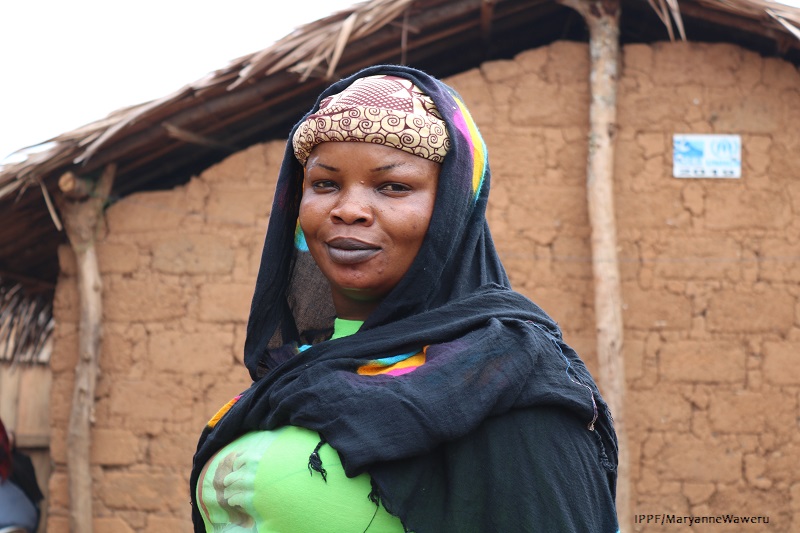
| 14 January 2022
The BMZ Project: Supporting People Affected by Humanitarian Crises in sub-Saharan Africa
The BMZ project supported refugees, internally displaced people, and host communities in Burkina Faso, Cameroon and Togo, in accessing quality sexual reproductive health care and in setting up income generating activities. Watch our video to find out how. Also watch the stories of beneficiaries reached through the BMZ project: BMZ Beneficiary story: Cameroon BMZ Beneficiary story: Burkina Faso BMZ Beneficiary story: Togo
Pagination
- First page
- Previous page
- …
- 5
- 6
- 7
- …
- Next page
- Last page








